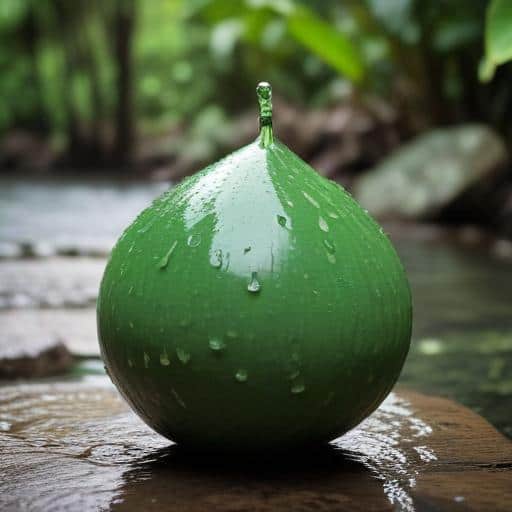The Ministry of Public Works is currently assessing rural water needs throughout the country, collaborating with UNICEF to address significant gaps in water supply and reduce the risk of waterborne diseases in underserved areas. Minister Ro Filipe Tuisawau emphasized that this initiative is crucial for the health and well-being of rural communities.
This effort follows the successful Vusama Water Project, which has improved access to clean water for two rural villages, thereby significantly enhancing public health in the region. Ro Filipe highlighted the importance of proactive government planning over the next five to ten years to prioritize areas most vulnerable to waterborne diseases, similar to those already identified in Vusama.
In addition to the water project, Tuisawau announced a partnership with the Ministry of Lands to prioritize the identification of borehole sites in other rural areas. The Water Authority will facilitate necessary connections to ensure these communities gain access to safe water.
These developments resonate with previous efforts to improve water access throughout Fiji, such as the announcement of constructing 1,700 new boreholes and ongoing projects that reflect a commitment to enhancing living conditions and public health. This strategic approach not only aims to provide immediate relief but also fosters long-term sustainability in water resources across rural communities.
The ongoing work by the Fijian government demonstrates a hopeful trajectory towards ensuring that all citizens, regardless of their geographic location, have access to clean, safe water. This not only promotes better health but has the potential to empower communities, increase productivity, and enhance overall quality of life. Through continued investments in infrastructure and community engagement, the future is bright for Fiji’s vulnerable populations in their quest for essential resources.

Leave a comment